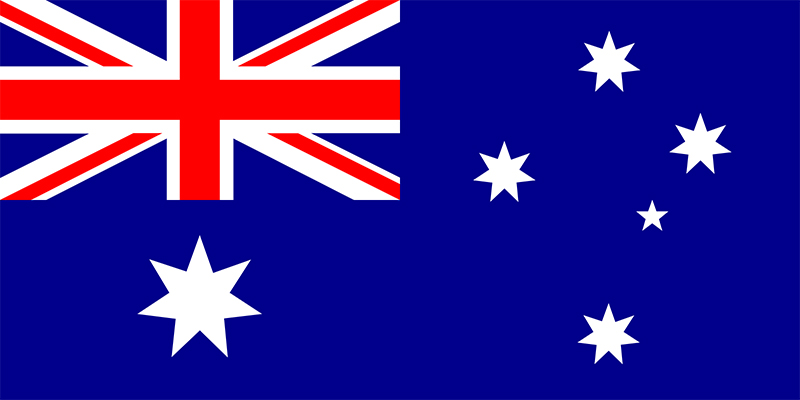 Australia-India
Australia-India
Australia plans new consulate general in India's high-tech hub Bengaluru
New Delhi/IBNS: Australia plans to open a new consulate general in Bengaluru soon, according to Prime Minister Scott Morrison.
In a virtual address to the 24th edition of the Bengaluru Tech Summit, billed as the region’s largest technology event on November 17, Morrison said “Australia and India are diverse, multicultural, liberal democracies who seek a world that is prosperous, safe and secure, and where human dignity is best expressed through choice and freedom.”
Noting that “Bengaluru is the world’s fastest growing technology hub – of course we want to be part of it,” he said: “I’m pleased to let you know that Australia is also seeking to establish a new Consulate General in Bengaluru… home to a third of India’s unicorn companies. Australia’s new mission in Bengaluru would expand our diplomatic presence in India to five posts.”
Describing India as a major technology power, he said the two nations understood the potential of technology to respond to the challenges of our time, and that “We have witnessed this so powerfully over the past 18 months, with medical breakthroughs now allowing us all to plan for a world after this pandemic."
"That same capacity to innovate will be at the forefront of all of our efforts addressing climate change and in transitioning to a new energy economy. We know that technology-leading nations will have greater economic, political and military power – and considerable influence on global norms and values – into the years ahead.”
Technology was also at the forefront of the Comprehensive Strategic Partnership “which Prime Minister Modi and I signed last year,” he added.
“We’re already making great progress. We’re sharing expertise on cyber and critical technologies like quantum computing and AI. We’re working to make our supply chains more secure and resilient. We’re collaborating on the mining and processing of critical minerals – like cobalt and lithium and rare earth elements – that are vital to clean energy technologies, and have military applications.

"We’re also cooperating on space science, technology, and research – and Australia is proud to be supporting India’s inspirational Gaganyaan human spaceflight mission.”
Morrison also announced the formation of a new Australia-India Centre of Excellence for Critical and Emerging Technology Policy, which would “bring together Australian and Indian technologists, policy practitioners, academics, researchers and thought leaders,” and help the two nations shape technology governance “so it aligns with our values and supports an open, inclusive and resilient Indo-Pacific region.”
The centre would also promote investment opportunities and innovation between Australia and India in technology, and “amplify our policy influence globally,” he said.
Referring to the Quadrilateral Security Dialogue, an informal alliance between India, Japan, Australia, and the US created post the Indian Ocean tsunami of 2004, he said “This is about four like-minded democracies coming together, from our region, to show we can make a positive difference in addressing our region’s biggest challenges.”
The Quad, which was formalised in 2007 by then Japanese Prime Minister Shinzo and seen by many as an anti-China grouping, remained in the doldrums until 2017, when the four countries revived it by broadening its objectives to “establish a rules-based international order”.
The Quad leaders met virtually for the first time in March 2021, and later released ‘‘The Spirit of the Quad,” a joint statement outlining the group’s objectives.
“It is appropriate that today as you gather for this Tech Summit in India, that we’re kicking off the first-ever Sydney Dialogue in Australia,” Morrison said.
“This is a global summit on emerging, critical and cyber technologies – and I’m delighted to be announcing Australia’s first-ever Blueprint for Critical Technologies at that event.
"This signals Australia’s firm commitment to shaping the development and adoption of critical technologies internationally, including by working with trusted partners like India. And I’m honoured that Prime Minister Narendra Modi will address the Sydney Dialogue tomorrow.”
Support Our Journalism
We cannot do without you.. your contribution supports unbiased journalism
IBNS is not driven by any ism- not wokeism, not racism, not skewed secularism, not hyper right-wing or left liberal ideals, nor by any hardline religious beliefs or hyper nationalism. We want to serve you good old objective news, as they are. We do not judge or preach. We let people decide for themselves. We only try to present factual and well-sourced news.







